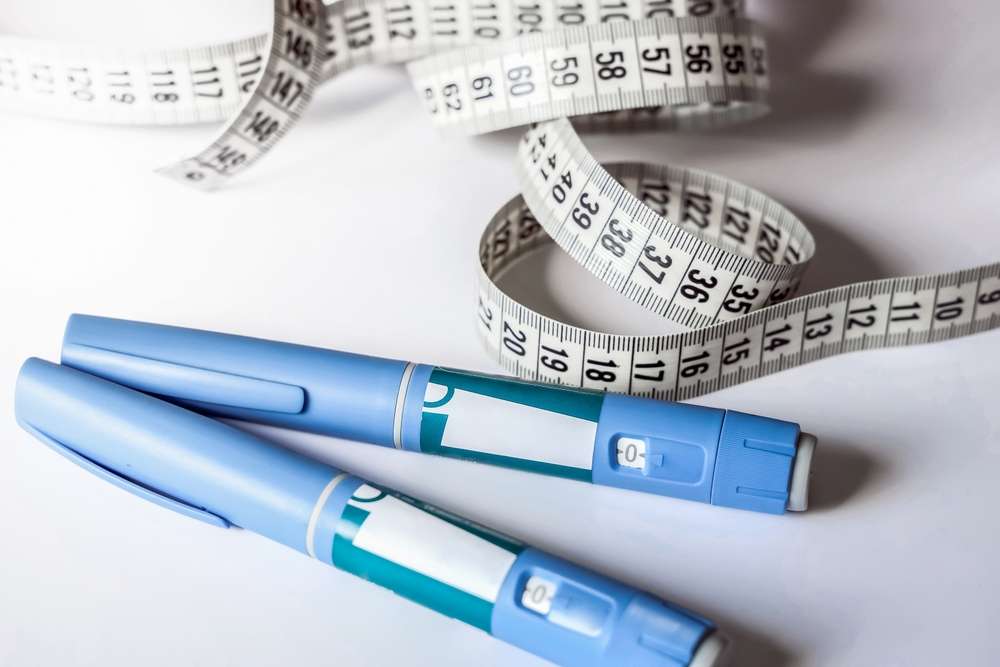Understanding Kidney Disease: Causes, Symptoms, and Treatment
Kidney disease affects millions worldwide and can develop silently over years before symptoms become apparent. Understanding the causes, recognizing early warning signs, and exploring available treatment options are crucial steps in managing this serious health condition. From medications that may contribute to kidney damage to comprehensive treatment approaches, knowledge empowers patients and families to make informed decisions about kidney health and medical care.

Kidney disease represents one of the most significant health challenges globally, affecting approximately 850 million people worldwide. This progressive condition occurs when the kidneys gradually lose their ability to filter waste and excess fluid from the blood effectively. While kidney disease can develop from various causes, early detection and proper management can significantly slow its progression and improve quality of life.
Medication that Causes Kidney Disease
Certain medications can contribute to kidney damage when used long-term or inappropriately. Nonsteroidal anti-inflammatory drugs (NSAIDs) such as ibuprofen and naproxen rank among the most common culprits, particularly when used regularly for chronic pain management. These medications reduce blood flow to the kidneys and can cause acute kidney injury with prolonged use.
Antibiotics, including aminoglycosides and certain sulfonamides, may also pose risks to kidney function. Chemotherapy drugs, contrast dyes used in imaging procedures, and some blood pressure medications can potentially harm kidney tissue. Additionally, proton pump inhibitors, commonly prescribed for acid reflux, have been associated with chronic kidney disease when used long-term. Patients should always discuss potential kidney risks with healthcare providers before starting new medications.
Recognizing the Signs and Symptoms of Kidney Disease
Early-stage kidney disease often presents no obvious symptoms, earning it the nickname “silent killer.” However, as kidney function declines, several warning signs may emerge. Fatigue and weakness frequently occur as toxins build up in the bloodstream, while swelling in the feet, ankles, or face indicates fluid retention.
Changes in urination patterns serve as important indicators. These may include increased frequency, especially at night, foamy or bubbly urine suggesting protein presence, or blood in the urine. Persistent back pain near the kidney area, unexplained nausea or vomiting, and metallic taste in the mouth can also signal kidney problems. High blood pressure that develops suddenly or becomes difficult to control may indicate underlying kidney disease.
Skin changes, including persistent itching or unusual dryness, occur as waste products accumulate. Shortness of breath may develop due to fluid buildup in the lungs or anemia caused by reduced kidney hormone production. Mental changes such as confusion or difficulty concentrating can result from toxin accumulation affecting brain function.
Exploring Treatment Options and Alternatives
Kidney disease treatment varies significantly depending on the underlying cause, stage of disease, and individual patient factors. Early-stage treatment focuses primarily on slowing disease progression through lifestyle modifications and medication management. Blood pressure control remains paramount, often requiring ACE inhibitors or ARBs that also provide kidney protection.
Dietary changes play a crucial role in treatment plans. Reducing sodium intake helps control blood pressure and fluid retention, while limiting protein consumption can decrease kidney workload. Phosphorus and potassium restrictions may become necessary as kidney function declines. Regular monitoring of blood glucose levels is essential for diabetic patients, as diabetes represents the leading cause of kidney disease.
| Treatment Type | Provider/Method | Key Features | Cost Estimation |
|---|---|---|---|
| Hemodialysis | Dialysis Centers | 3x weekly sessions, 4 hours each | $80,000-$100,000 annually |
| Peritoneal Dialysis | Home-based treatment | Daily exchanges, more flexibility | $60,000-$80,000 annually |
| Kidney Transplant | Transplant Centers | Best long-term option, requires donor | $400,000-$500,000 initial cost |
| Conservative Management | Nephrology Clinics | Medication, diet, lifestyle changes | $10,000-$25,000 annually |
Prices, rates, or cost estimates mentioned in this article are based on the latest available information but may change over time. Independent research is advised before making financial decisions.
For advanced kidney disease, renal replacement therapy becomes necessary. Hemodialysis, performed at specialized centers, uses an artificial kidney machine to filter blood. Peritoneal dialysis offers more flexibility, using the patient’s abdominal lining as a natural filter. Kidney transplantation provides the best long-term outcomes for eligible candidates, though it requires lifelong immunosuppressive medications.
Alternative and complementary approaches may support conventional treatment but should never replace medical care. These include acupuncture for symptom management, herbal supplements under medical supervision, and stress reduction techniques. Some patients explore dietary supplements like omega-3 fatty acids or coenzyme Q10, though scientific evidence remains limited.
Conservative management represents another approach for elderly patients or those with multiple health conditions. This strategy focuses on symptom management, quality of life improvement, and comfort care without dialysis or transplantation. It emphasizes pain management, nutritional support, and psychological counseling.
Regular monitoring through blood tests, urine analysis, and imaging studies helps track disease progression and treatment effectiveness. Patients should maintain open communication with their healthcare team, report new symptoms promptly, and adhere to prescribed treatment regimens. Support groups and educational resources can provide valuable emotional support and practical guidance for managing life with kidney disease.
Kidney disease management requires a comprehensive, individualized approach combining medical treatment, lifestyle modifications, and ongoing monitoring. While the diagnosis can feel overwhelming, advances in treatment options and supportive care continue to improve outcomes and quality of life for patients at all stages of the disease.
This article is for informational purposes only and should not be considered medical advice. Please consult a qualified healthcare professional for personalized guidance and treatment.




